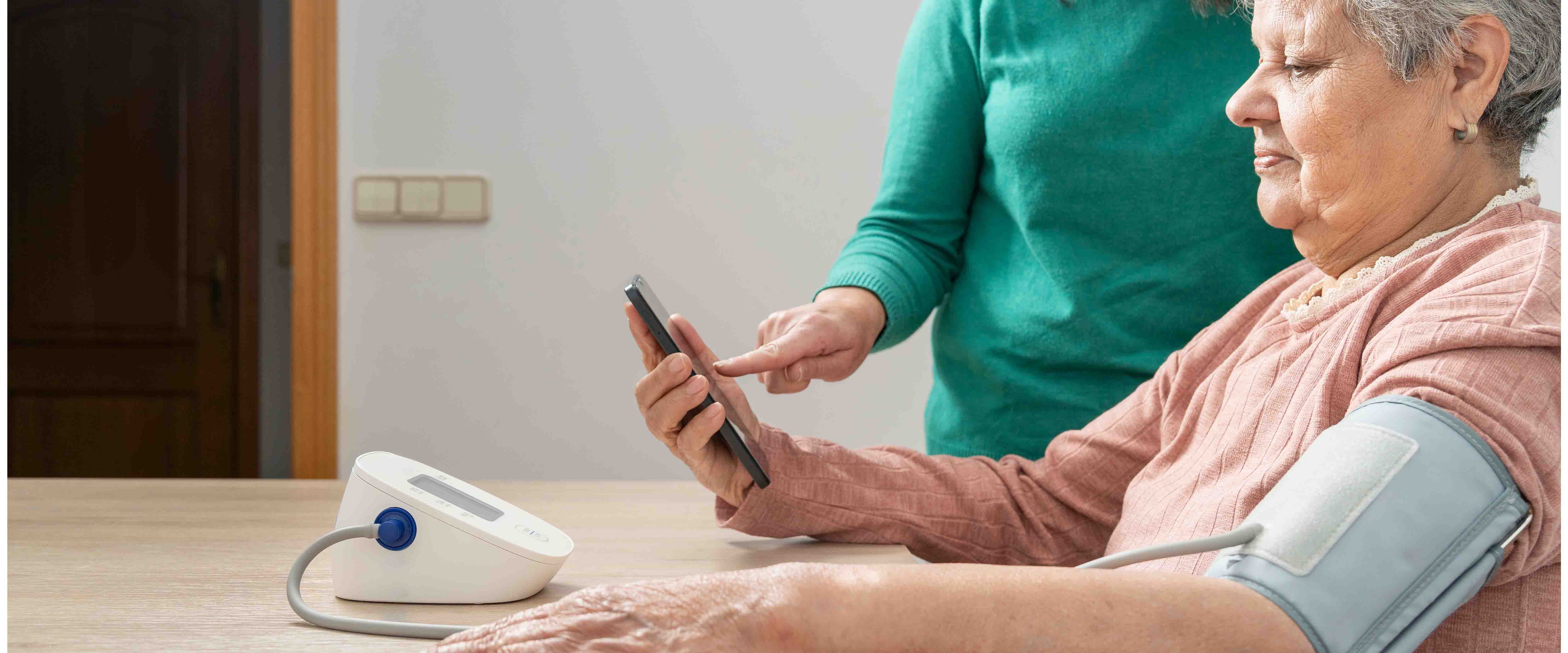How Many Servings Of Carbs A Day Should I Have?
Are carbohydrates good or bad? How many serving sizes of carbs should I eat a day? Can you eat them when you are trying to lose weight? Will they cause diabetes if you have prediabetes, or drive up blood sugar if you have diabetes?
Carbohydrates are necessary for energy and are the main source of fuel for most people. They are in many healthy foods, such as whole grains, fruit, and beans. Healthy sources of carbohydrates can be part of a diet and assist in maintaining blood sugar.
The trouble comes when you have too many, and that happens frequently. Serving sizes for carbs may be smaller than you think, leading to problems when you unknowingly take far too much.
The Tendency Towards Oversized Portions
What do the following meals have in common?
- A sandwich and chicken noodle soup
- Cereal with milk and a banana
- Spaghetti and meatballs with a breadstick
- Bean burrito with rice
They all sound like reasonable meals, and they all include at least two high-carb foods. In the old days, they were probably reasonable meals. In recent years, these meals are almost certainly unreasonable due to increases in portion sizes.
The official serving sizes for a high-carbohydrate food is the amount that includes 15 to 30 grams of carbohydrates. That is equivalent to a slice of bread, a third of a cup of cooked rice, or a half-cup of cooked pasta. If those amounts seem small, it may be because you are used to seeing way bigger portions.
Here is a sampling of some “standard” and “oversized” carbohydrate portions.
Need Help Managing Your Daily Carbs? Download These Printable Carbs Per Day PDFs!
Low Carb PDF Guide:

High Carb PDF Guide:

Serving Sizes and Your Weight
Whether the food is healthy or unhealthy, portion sizes are always important for weight and health, and the calories in high-carbohydrate foods can quickly add up. A meal with nutritious foods such as a veggie sub on a whole-wheat roll, a bag of multigrain crisps, a banana, and a bottle of orange juice, can easily have 1,000 calories. Meals like that can sneakily but quickly slow weight loss!
A major secret is in the portion sizes. Carbs are healthy, but the portions are what make carbs seem unhealthy. A slice of bread has 60 calories, while a bagel or sub roll can have 300 calories. A frozen veggie burger can have 80 calories, while one from a restaurant can have nearly 300. An ounce of chips can have 130 calories, while a large “individual” bag can have 300. And that orange juice? A cup has 120, while a bottle has 250 calories.
Healthy Carbs in Foods
How many carbs are in these common foods? Here is your quick breakdown of grams of carbs:
- Beans (pinto), 1/1 cup: 64 grams
- Beans (black), 1/2 cup : 20 grams
- Pasta (cooked non-wheat), 1 cup cooked: 43 grams
- Sweet white corn, 1 ear: 17 grams
- Sweet yellow corn, 1 ear: 19 grams
- Boiled sweet white corn, 1 ear: 22 grams
- Boiled sweet yellow corn, 1 ear: 22 grams
- White rice, 1 cup cooked: 45 grams
- Brown rice, 1 cup cooked: 45 grams
- Oatmeal, 1 cup cooked: 27 grams
- Apples, 1 medium: 25 grams
Carbohydrates and Diabetes
Carbohydrates are especially important for controlling blood sugar in diabetes. Too many carbohydrates can drive up blood sugar, but your meal plan may also warn against having too few. A moderate-carb meal plan in diabetes may suggest 30-45 grams of carbs at each meal, and 15 to 30 at snacks. That is not so difficult with small servings, but nearly impossible with oversized portions.
This is what some meals with 30 to 45 grams of carbs can look like.
- 1 egg and 1 slice of cheese on a whole-grain English muffin, and a cup of strawberries.
- ½ cup of shredded wheat with 1 cup milk and ½ banana
- 1 ounce of whole-grain crackers with 3 oz. of tuna and 1 banana.
- 1 whole-wheat pita stuffed with 2 tablespoons hummus, 3 oz. chicken, and vegetables
- A cup of lentil soup and an orange.
- 1 cup of quinoa salad made with corn, chopped tomato, feta cheese, and olive oil, and 1 cup of cantaloupe.
- A cup of spaghetti with sauce and chicken.
Looking for the best prediabetes diet of 2020?
If It’s Too Small…
The serving size for high-carb foods can seem small, but eating multiple servings can put your blood sugar through the roof. If you need a bigger meal or snack, but do not need or want many more carbohydrates, you can add lower-carbohydrate, healthy foods, such as vegetables, lean proteins, or healthy fats.
For example…
- Have a large cereal bowl mixed with cereal and a whole lot of fruit, milk or yogurt.
- Throw in some cottage cheese and nuts to make your cereal more filling.
- Have beans and rice on a green salad rather than in a large tortilla.
- Add more vegetables and protein to your stir-fry, and serve it with less rice.
- Top or mix pasta with tomato sauce, cooked vegetables, and cooked chicken, ground beef, or shrimp.
- Turn a sandwich with two small slices of bread into a larger meal by filling it with extra meat and serving it with a side salad or carrot sticks.
- If eating your tuna or cheese with an ounce of pretzels or crackers isn’t enough for a snack, have some celery sticks or cherry tomatoes as well.
- Top a small baked potato with a lot of broccoli, plain yogurt, and ground turkey and tomatoes with chili seasoning.
Cutting Carbs In Recipes For A Bigger Serving
For example…
- Swap out half the potatoes for pureed cooked turnips when making mashed potatoes.
- Use half lasagna noodles (try whole-grain!) and half sliced eggplant in lasagna.
- Use half riced cauliflower or shredded cabbage and half rice in rice dishes.
It’s not always easy to choose the right foods or get the proper serving sizes for carbohydrates, but your Lark health coach can help you. Lark Diabetes Care guides you in managing diabetes and following a healthy diabetes diet, including for weight loss. You can chat with your coach anytime, set and work towards exercise and diet goals, and get customized feedback and coaching. With motivation, reminders, and tracking features, Lark DPP and other Lark programs can help you hit exercise recommendations and is Fully CDC Recognized.



.jpg)








.webp)








-images-0.jpg)